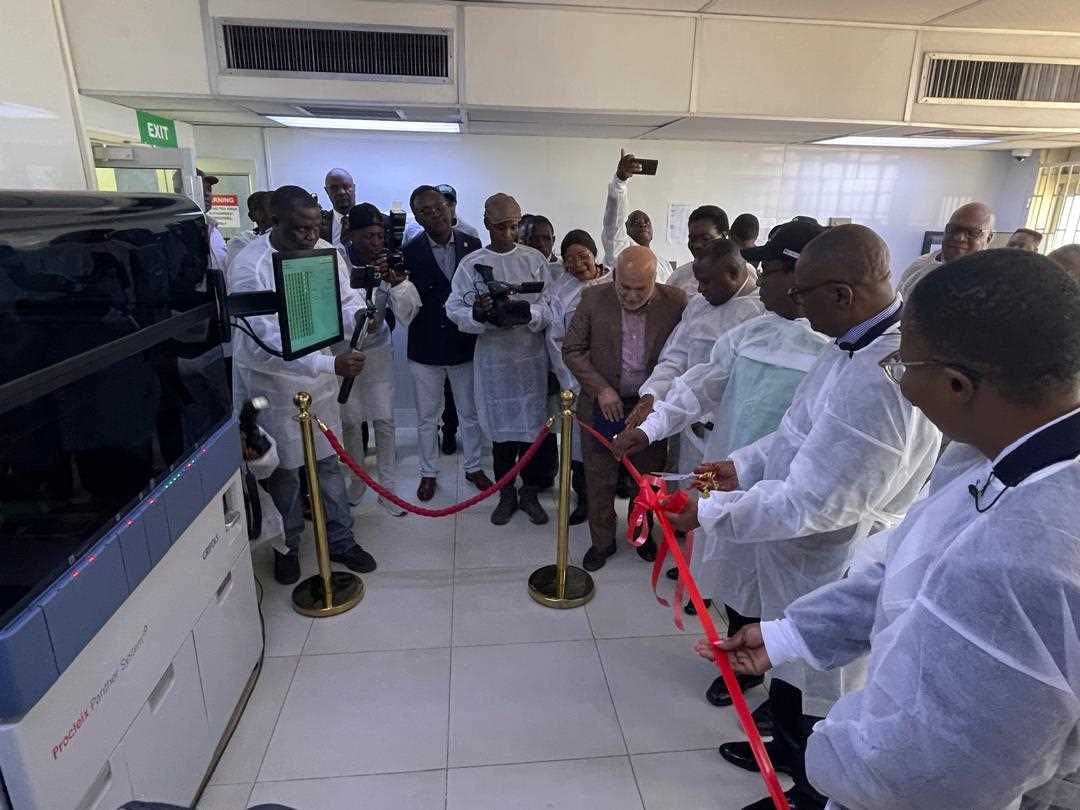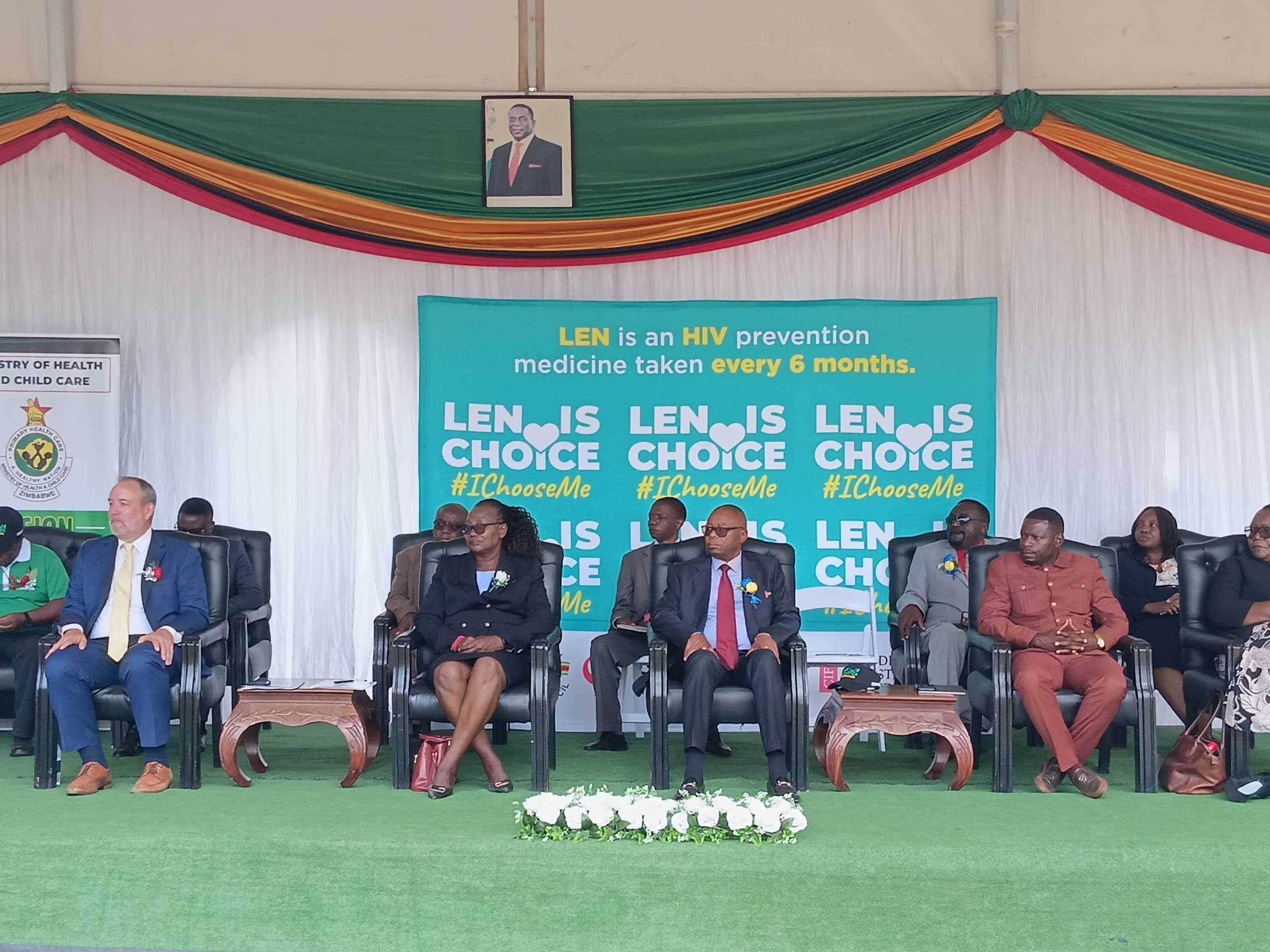
Rutendo Mazhindu
Zim Now Reporter
The proposed Medical Services Amendment Bill aims to compel private hospitals to admit patients with "life-threatening conditions" for at least two days, even if they are unable to afford the service. While the government asserts the bill is a crucial step towards ensuring equitable access to healthcare, doctors are cautioning that some provisions, if enacted, could severely compromise the country's health services.
Justice Minister Ziyambi Ziyambi, presenting the Bill to the National Assembly on Tuesday, stated its primary objective is to align the Medical Services Act with "fundamental principles enshrined in our constitution," particularly those related to the right to health. "This Bill is a testament to our commitment to ensuring that every citizen and permanent resident of our nation has access to essential health services," the minister affirmed.
Related Stories
Among the planned legislative changes, the Bill proposes granting the Minister of Health the authority to determine maximum fees for certain services charged by private hospitals. It also seeks to impose criminal penalties on parents or guardians who obstruct a child from receiving essential treatment, and introduces an obligation for all health institutions to treat prisoners or other detained individuals at the state's expense. Crucially, it introduces the requirement for private health facilities to treat emergency cases regardless of the patient's ability to pay.
During the Bill's second reading, Ziyambi highlighted key clauses. He explained that Clause 3 inserts a new section, 7A, which mandates that every institution, whether at the state's expense or the individual's election, must provide treatment to persons under arrest, detention, or imprisonment on the same terms and conditions as other admitted persons. "This is a crucial step towards upholding the dignity and rights of all individuals, regardless of their circumstances," he noted.
Perhaps the most contentious provision is the new section 12(a), inserted by Clause 8, which "prohibits the refusal of emergency medical treatment by private health institutions, aligning with section 76, subsection 3 of the constitution." This mandates private institutions to admit patients suffering from life-threatening conditions for a period of not less than 48 hours for stabilization, even if they cannot afford treatment. While the Bill also allows for agreements between the minister and private institutions for cost recovery, the immediate financial burden on private facilities is a major point of contention.
Furthermore, Clause 9 introduces significant amendments to Section 13, which governs fees and charges at private health institutions. Previously, private hospitals had some flexibility regarding fees charged before a fixed date. However, the proposed amendment repeals this proviso, meaning all fees and charges at private health institutions, regardless of when they were first introduced, will now be subject to prescribed maximums and percentage increases unless specifically approved by the minister. Ziyambi stated that this change "ensures greater oversight and control over the cost of private healthcare, aiming to protect patients from exorbitant charges."
Despite the minister's assertion that the Bill is a "progressive and essential piece of legislation" that "ensures that health care is not a privilege but accessible to all," doctors who spoke to Zim Now expressed serious reservations. They warned that forcing private hospitals to accept any patient with an emergency would inevitably lead to these institutions becoming "clogged," potentially forcing them to close down as they would rapidly deplete their essential supplies and resources without adequate payment.
Instead, medical professionals are advocating for the government to prioritize the revitalization of the public health system. They argue that efforts should be focused on raising the standard of care in public facilities to a level comparable with private health providers, rather than imposing what they see as unsustainable obligations on private institutions. The debate surrounding the Medical Services Amendment Bill underscores the complex challenges facing Zimbabwe's healthcare sector as it strives to balance constitutional rights with the practical realities of service provision.



















Leave Comments